Buying a home can seem like a complicated process full of mortgage applications, loan docs, counteroffers, and inspections. How do you know where to start? And how do you know what to expect?
On this page, I’ll:
- Demystify the buying process with a comprehensive overview.
- Explain how a Realtor® can help at each step of the process.
- Give you some specifics on the services I offer my clients to help them find their new home quickly and get the best terms possible.
- Show you how to get a FREE home inspection.
Overview of the Home Buying Process
The process of buying a home can be broken down into eight manageable steps. Each step may contain a few micro-steps, and most real estate transactions have lots of moving parts, so some of the steps may overlap. But these eight steps will serve as a solid overview of the basic buying process.
Step 1: Get Pre-Approved for a Loan
Before you even start your house hunt, you should get pre-approved for a home loan. There are two main reasons to put this step first:
- It will give you an idea of your total buying power so you look in the correct price range from the beginning.
- It will help you make a strong offer when you find a home you love. Sellers like some assurance that you’ll be able to qualify for a home loan before they accept your offer.
Some lenders offer “pre-qualification” in addition to pre-approval, but pre-qualification doesn’t carry as much weight as pre-approval. Pre-qualification is just a lender asking you questions about how much you make and how much you have saved, then estimating a price range for you. It won’t mean anything to the seller when you make an offer. So I recommend you skip the pre-qualification and go straight for the pre-approval when buying a home.
How to Get Pre-Approved:
To get pre-approved, simply have a mortgage lender review your finances, credit, and employment to determine how much they are willing to lend you. You’ll need to complete an application, provide all financial account statements and pay stubs for the last two months, and authorize a credit check.
It’s typically a good idea to find the lender you’d like to stick with for your home loan and get your pre-approval from that lender. It’s just less paperwork for you than if you received pre-approval from one lender, then decided to go with a different lender for the actual loan.
Unless you have special circumstances (like poor credit or low income) that would require special considerations, the most important criteria for choosing your lender is probably the interest rate they offer. Generally speaking, the lower the interest rate, the better. A lower rate means you’ll pay less over the full term of your mortgage.
Interest rates are always changing, so you should search for lender rate comparisons online when you’re ready to get pre-approved. And if you have questions about how to choose a lender, contact me! I know the process can be a little intimidating, and I’m here to make it all easier on you.
Step 2: Start Your Search
With your pre-approval in hand, it’s time to start browsing listings.
Here are a few tips to help you make the most of your search:
- Get a Realtor® involved early. New listings come on the market every day, and with my industry connections, I often hear about new listings before they even hit the market. Once I know what you’re looking for, I can keep an ear to the ground for you.
- Distinguish your wants from your needs.
- The photos online don’t tell the whole story. Real estate takes a little legwork. Set aside an afternoon to drive around and see what those houses and neighborhoods look like in real life.
- No matter how much you’re pre-approved for, make sure you’re comfortable with the monthly payments, including homeowner’s insurance and property taxes. You don’t have to take as much as the lender is willing to give you.
And when you’re ready to start touring properties, contact me. I’m excited to show you any property on the market.
Step 3: Make an Offer
When you find a home you love, you get to make an offer!
Your Realtor’s market knowledge can help you determine an offer price and when to include interesting terms (like including the snowblower or covering the cost of a flooring replacement).
If you’re ready to make an offer, contact me right away. I will draft all the paperwork for your signature and present the offer to the seller’s agent, who will then present your offer to the seller.
The seller may accept your offer as-is, or they may make a counteroffer. It’s rare that an offer is flat-out declined.
You’ll need to put up a relatively small deposit at this step of the process. It’s called the Earnest Money Deposit, and it’s used to show the sellers you’re serious about buying a home. The amount varies, but it’s often somewhere between 1-3% of the offered purchase price. You can still get this money back if the deal falls through because of the inspection or an unforeseeable problem with financing. But the idea is that the deal will proceed as planned, and the earnest money deposit will go toward your down payment.
Step 4: Enter Escrow
Once you and the sellers come to an agreement on the offer, the property goes into escrow. Escrow is the name for the period when ownership of the property is in the process of transferring from the seller to you. It’s usually between 30 and 60 days, and a lot has to happen in that time. The remaining four steps all occur during the escrow period (and several more steps are happening behind the scenes as well).
Escrow is a time to inspect the property, secure your financing, sign a mountain of paperwork, and transfer money.
Step 5: Get a Home Inspection
The home inspection is among the first tasks to be completed in escrow. You get to hire a certified home inspector to assess the property and notify you of potential problems visible at the property. The home inspection typically costs a few hundred dollars and is worth every penny.
Most often, inspections bring up relatively minor issues. But sometimes inspection reports contain serious issues that may reopen negotiations with the seller. Perhaps the inspector finds faulty electrical work in need of immediate repair. Depending on the unique circumstances of the transaction, you might want to ask the seller to correct any issues or to reduce the price of the home to make up for them.
Just understand that the home inspection will be extensive and will list many things that don’t even need to be addressed. The inspection can be scary for first-time buyers because it comes with a laundry list of recommended fixes. Most of those recommended fixes are entirely optional.
And again, it helps to have an experienced Realtor® on your side. An agent who’s seen dozens of inspection reports can help you determine which items are a priority, and which are only listed because the inspector did a thorough job.
Step 6: Secure Your Loan
Throughout escrow, you’ll be working with your loan officer to secure your financing for buying the home.
The loan officer’s job is to make sure you’re a reliable borrower. He or she will check and double-check everything, so expect to answer the same questions multiple times. You may need to write a letter explaining your employment history or your residential history, you may need to provide updated financial statements as received through the escrow period, and the loan officer will call your employer multiple times throughout escrow to make sure you are still employed.
Any major financial change or life changes during escrow could completely disrupt the process.
Here is a list of things to avoid during the escrow process:
- Job changes (changing jobs, reducing working hours, or demotions)
- New loans: don’t apply for any other loan until your home loan is secure
- Big purchases: wait until you close escrow to buy a bunch of furniture
- Large debt payments: it might sound like a good idea to pay down a large chunk of your student loans before taking on a mortgage, but this large transfer of cash will change your financial ratios, so wait until escrow closes
The loan won’t be 100% secure until the loan docs are all processed, which happens just days before escrow closes and the house is officially yours. So keep working with your loan officer and maintain steady finances until you have the keys.
Step 7: Sign a Mountain of Paperwork
So. Much. Paperwork.
There is no getting around the mountain of paperwork required when buying a home.
A notary will come to you with the final stack of loan docs to be signed a few days before escrow. The process will probably take around an hour, and it may not be fun, but it’s exciting to be so close to owning this new home.
Step 8: Pay Your Closing Costs and Get Your Keys
This is the last step in buying a home!
You’ll need to wire the amount of the closing costs to the escrow company in the last couple days before the scheduled close of escrow. Closing costs usually equal 1-3% of the purchase price and are paid in addition to your down payment. To wire the funds, simply take the wiring instructions from the escrow company to your bank. You’ll pay a small fee (which is usually a percentage of the transfer amount and varies by bank; expect $50-$100 on average) for the transfer.
The escrow company collects the closing costs from both the buyers and the sellers, then distributes the funds to all parties involved (real estate agents, title companies, lenders, etc).
On closing day, you get your keys, and the home is officially yours!
 Why You Need a Realtor® in Your Corner
Why You Need a Realtor® in Your Corner
Did you know that the services of a Realtor are essentially free to home buyers?
The seller is responsible for all real estate agent fees, so you don’t have to pay a penny for representation by a licensed real estate professional when buying a home.
Your Realtor will be able to help you with nearly every step in the buying process:
- Get recommendations for local lenders and guidance through the pre-approval process.
- Your Realtor’s connections can help you be among the first to know about a new listing. Your Realtor will also know the neighborhoods and the homes on the market, so he or she can help you decide if a house is worth your time.
- A Realtor is a professional negotiator. Take advantage of your Realtor’s market knowledge and negotiating skills when it comes time to make an offer.
- Your Realtor will be busy during escrow, making sure the transaction is on track to close as expected. He or she may also need to negotiate on your behalf if the home inspection warrants a renegotiation with the sellers.
- Get help determining which of the items on the home inspection are a priority and which are only listed because the inspector did a thorough job.
- Your Realtor will be there to hand over your keys and help you celebrate the next chapter of your life on closing day.
And again, as the home buyer, you don’t pay any Realtor fees, so you have nothing to lose by hiring a Realtor to represent you in the purchase of your new home.
Services I Provide to My Home Buyers
My clients enjoy exemplary service through every step of the home buying process. With me as your agent, you’ll receive:
- Consistent communication. I’ll always reply as quickly as possible to your calls, texts, and emails, and will notify you of any developments on an on-going basis.
- Resources and recommendations for everything from lender to inspectors to schools.
- Market updates as I hear about new listings (or even coming soon listings) that meet your criteria.
- Personal tours of homes to help you find the right one.
- A Comparative Market Analysis (CMA) to help you determine the best offer price when you’re ready to make an offer.
- Representation in negotiations. I will negotiate aggressively on your behalf to get you the best possible terms on your purchase.
- Coordination of your transaction through the escrow period, following up with escrow officers, title reps, the seller’s agent, inspectors, appraisers, and other professionals as needed to make sure your escrow period goes as smoothly as possible.
- A walk-thru of all disclosures to make sure you understand what you’re signing.
- A review of your home inspection and professional guidance as to reopening negotiations based on the results of the inspection.
But that’s not all. I know buying a home is an expensive investment. To help with the expense, I want to cover the cost of your home inspection! Save your money for your down payment and closing costs; the inspection is on me (limit of one inspection per closing).
If you have any questions about the buying process, contact me. I’m always happy to answer your questions, and I love helping buyers find their new homes! I can’t wait to hear from you.









